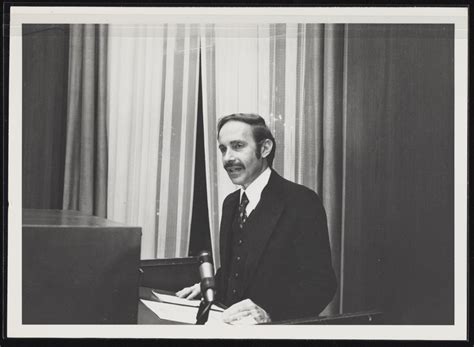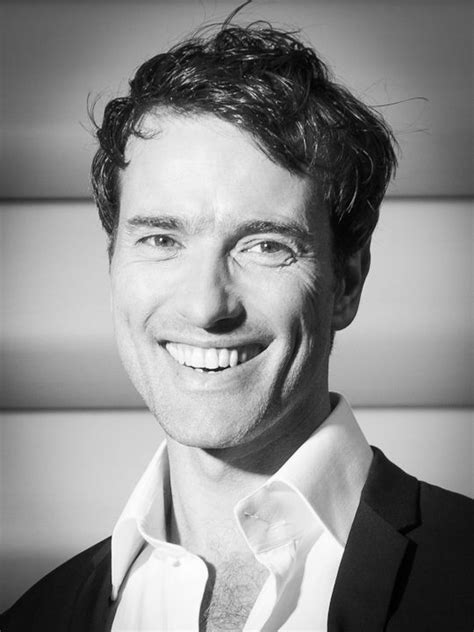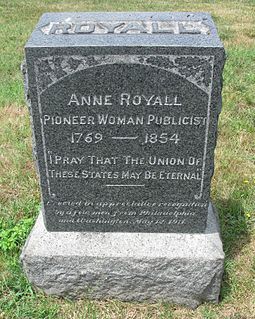A Quote by Mel Gussow
More than any other contemporary British playwright, Tom Stoppard populates his plays -- from Rosencrantz and Guildenstern Are Dead to The Invention of Love (his portrait of the poet and scholar A. E. Housman) -- with characters from life and literature. But one cannot always tell the difference between those who are real and those who are imaginary.
Related Quotes
Rosencrantz: We might as well be dead. Do you think death could possibly be a boat? Guildenstern: No, no, no... Death is...not. Death isn't. You take my meaning. Death is the ultimate negative. Not-being. You can't not-be on a boat. Rosencrantz: I've frequently not been on boats. Guildenstern: No, no, no--what you've been is not on boats.
I was at a dinner party many years ago,sitting along from Tom Stoppard, who in those days smoked not just between courses,but between mouthfuls. An American woman watched in disbelief. "And you so intelligent!" "Excuse me?" said tom "Knowing those things are going to kill you" she said "and still you do it." "How differently I might behave" Tom said, "if immortality were an option
Figures cannot calculate the amount collected by those public and private robbers: it is more than would liberate every slave in the United States; it would pay the British debt! They say, We do not force people to give. I see no difference between forcing a man out of his money, at the mouth of a pistol, and forcing it from by trick and cunning; the crime is the same.
What a wee little part of a person's life are his acts and his words! His real life is led in his head, and is known to none but himself. All day long, the mill of his brain is grinding, and his thoughts, not those of other things, are his history. These are his life, and they are not written. Everyday would make a whole book of 80,000 words -- 365 books a year. Biographies are but the clothes and buttons of the man -- the biography of the man himself cannot be written.
In comparing these two writers, he [Samuel Johnson] used this expression: "that there was as great a difference between them as between a man who knew how a watch was made, and a man who could tell the hour by looking on the dial-plate." This was a short and a figurative statement of his distinction between drawing characters of nature and characters only of manners, but I cannot help being of opinion, that the neat watches of Fielding are as well constructed as the large clocks of Richardson, and that his dial plates are brighter.
...those experiments be not only esteemed which have an immediate and present use, but those principally which are of most universal consequence for invention of other experiments, and those which give more light to the invention of causes; for the invention of the mariner's needle, which giveth the direction, is of no less benefit for navigation than the invention of the sails, which give the motion.



































